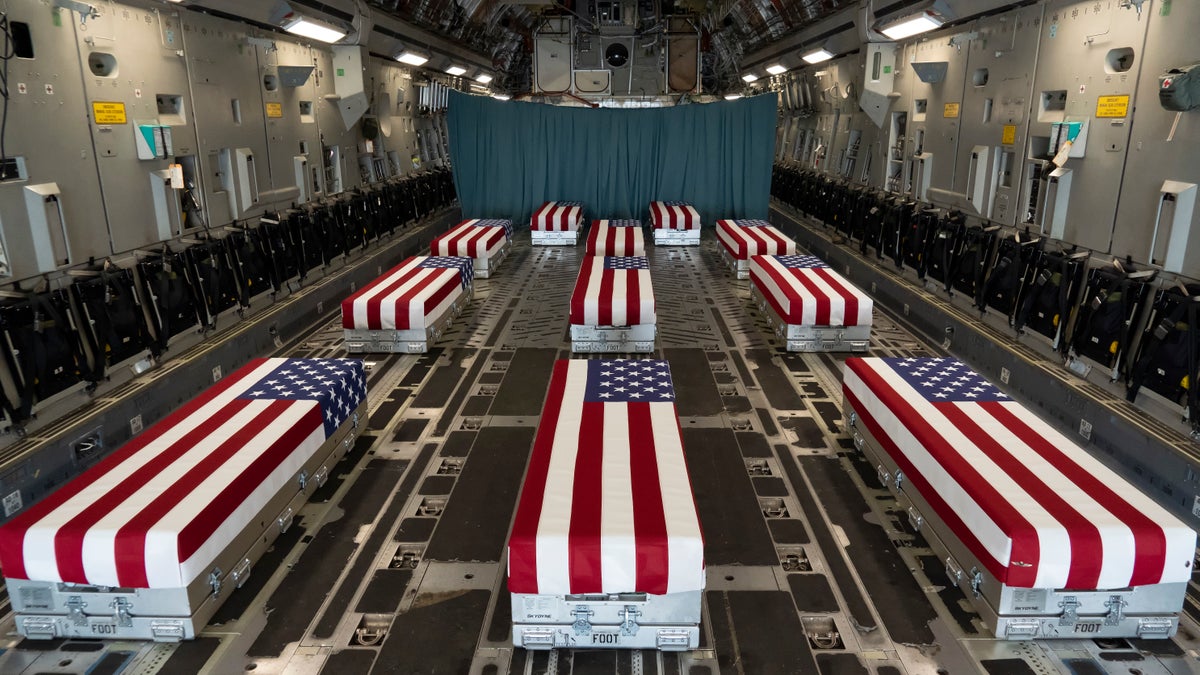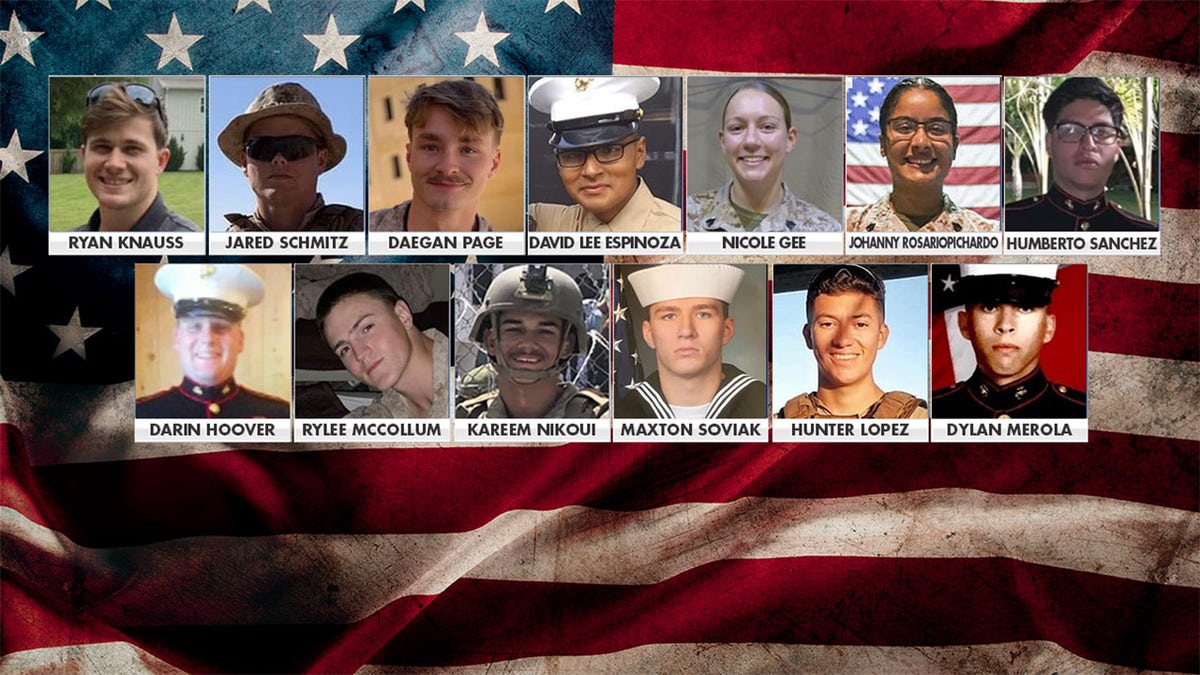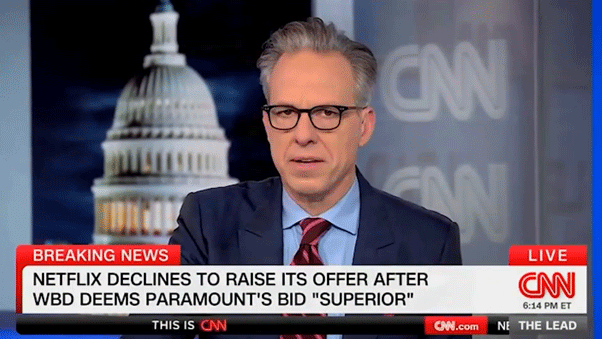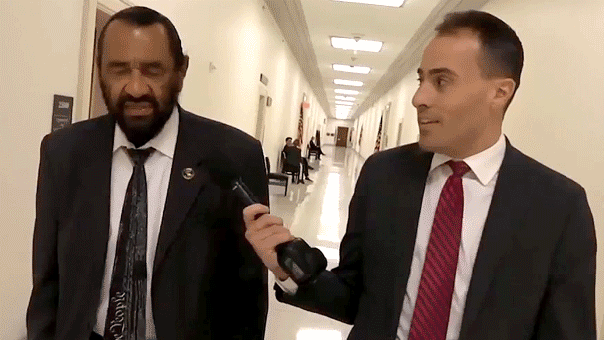First Afghan province fell to Taliban control one year ago
National security correspondent Jennifer Griffin reports on the U.S. withdrawal from Afghanistan from the Pentagon.
August marks one year since the Taliban takeover of Afghanistan, in what many critics characterize as one of the most significant foreign policy stains on American history.
National security correspondent Jennifer Griffin recalled key details Monday leading up to the country's collapse and the timeline of the U.S. withdrawal on "The Faulkner Focus."
"Afghanistan has always been known as the graveyard of empires," Griffin told host Harris Faulkner. "Four successive U.S. presidents tried to pull all U.S. troops out of Afghanistan. Three presidents were talked out of it."
President Biden inherited an outlined withdrawal from the Trump administration, which was originally supposed to take place in May 2021. Biden ultimately decided to proceed with removing the military "unconditionally" by September 11, 2021, despite pushback.
"All of his national security advisers advise against pulling all U.S. troops out," Griffin recounted.

In this handout photo provided by the U.S. Air Force, flag-draped transfer cases line the inside of a C-17 Globemaster II Aug. 29, 2021, prior to a dignified transfer at Dover Air Force Base, Delaware. (Photo by Jason Minto/U.S. Air Force via Getty Images) (Jason Minto/U.S. Air Force via Getty Images)
Pushback over a complete withdrawal of U.S. forces was not exclusive to the Biden White House, though. Griffin noted there was concern during then-President Trump's tenure over the implications of removing all U.S. forces.
Critics have blamed Biden, however, for what has been described as one of the most significant foreign policy failures in history following the deaths of 13 U.S. service members in the Kabul airport explosion, alongside at least 170 Afghan civilians.
That tragic attack on August 26 marked one of the deadliest days for the U.S. military in years.
CLICK HERE TO GET THE FOX NEWS APP
"Aug. 30, 2021, the United States has completed its withdrawal from Afghanistan, hoping to end America's longest war," Griffin recalled.

The 13 US service members who were killed in terrorists blasts outside Kabul's airport. (Top from left to right: Family Handout, Facebook/ Nick Schroer, Family Handout, City of Rio Bravo, @Nicole_Gee_/Instagram, Naval Amphibious Force, Facebook / Bottom left to right: Facebook, Facebook, Family Handout, U.S. Navy, Facebook, GoFundMe.com)
The Biden White House has also faced scrutiny for leaving Americans, Afghan allies and military equipment behind enemy lines.
July 31, 2022, al-Qaeda leader Ayman al-Zawahiri is killed in a U.S. drone strike in Afghanistan. Griffin reports al-Zawahiri was living as a guest at a Taliban home in Kabul, fueling concern the nation could become a "hotbed" for terrorism once again, if it hasn't already.











































